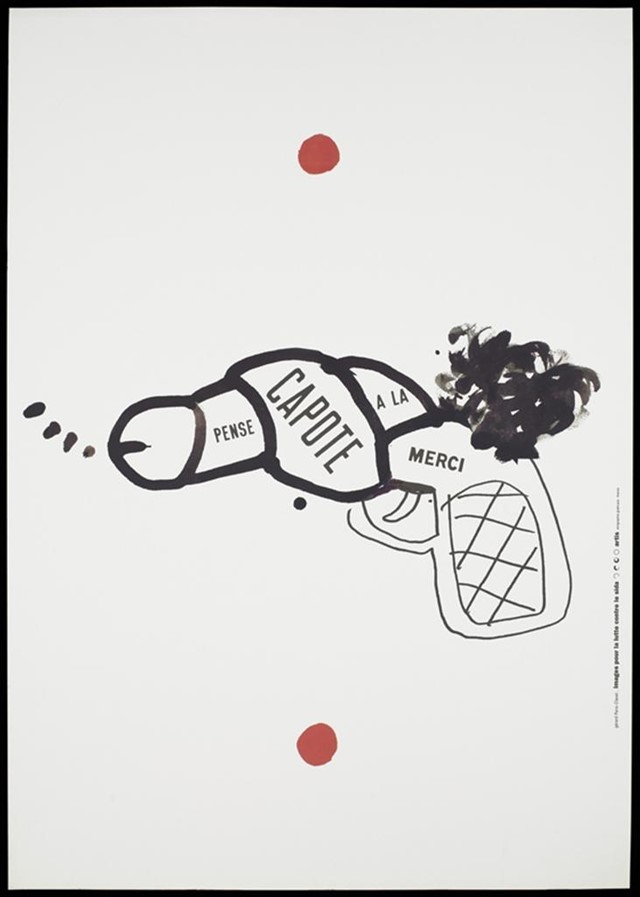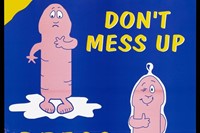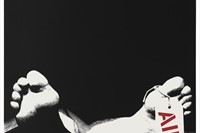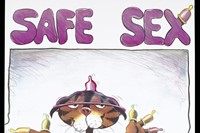To commemorate Worlds Aids Day, which takes place on December 1 annually, we take a look back at the various public health posters designed to create awareness and protect people from the spread of the incurable disease...
To commemorate Worlds Aids Day, which takes place on December 1 annually, we take a look back at the various public health posters designed to create awareness and protect people from the spread of the incurable disease.
Since World War I and World War II when posters were produced to save soldiers from syphilis and typhoid and to encourage the population to keep fighting, there had been a steady decline of public health campaigns. However, with the emergence of the “AIDS crisis” in 1981 health providers and central governments reverted back to using the expertise of advertising agencies and design studios to help spread messages of warning. Despite the rise of the internet and electronic campaigning the power of the paper poster proved to have a greater presence, durability and immediacy in the real world of the street, nightclub and support group.
"Despite the rise of the internet and electronic campaigning the power of the paper poster proved to have a greater presence, durability and immediacy in the real world of the street, nightclub and support group"
With an estimated 33.3 million people diagnosed with AIDS and more than 25 million people having died from the virus between 1981 and 2007, the importance of making people aware of the facts is imperative. Whilst the production of these campaigns continued for over 20 years and in some parts of the world are still going strong, today their dominance is less felt.
Thanks to the Wellcome Collection, there are currently over 3000 AIDS posters originating from 99 countires in 75 languages on display in their Library, the fourth largest collection of AIDS posters in the world. We delve into their archives providing a snapshot of posters from between the early 1980s to late 1990s that includes artworks by Keith Haring and Gérard Paris-Clavel, photography, cartoons and numerous slogans.
AIDS Posters collection is available to view at the Wellcome Collection and online
Text by Lucia Davies






